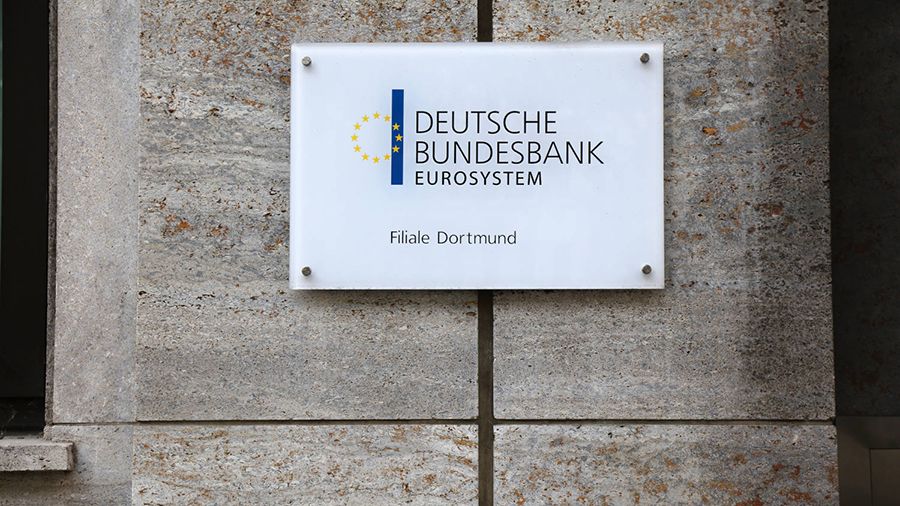The Central Bank of Germany announced the successful testing of settlements for securities transactions with Deutsche Börse, which used distributed ledger technology (DLT).
According to a statement from the German Federal Bank, the Central Bank has successfully completed testing of settlements for securities transactions using DLT and the real-time gross settlement system TARGET2. An atomic transaction was made, meaning that the Central Bank payment and securities were simultaneously exchanged in a delivery versus payment transaction.
The desire to provide the ability to settle securities transactions using DLT is a key factor in the demand for government cryptocurrency for wholesale payments. Consequently, if such a bridge, which is not connected with the state cryptocurrency, can work reliably at scale, the demand for wholesale digital currencies of the Central Bank will become less acute.
Speaking at the Bank for International Settlements (BIS) conference this week, German Federal Bank Chairman Jens Weidmann spoke about testing in the context of a government cryptocurrency for wholesale payments.
“Some of the positive effects of the state cryptocurrency can also be achieved, for example, through the tokenized money of commercial banks. If we are talking about automatic payments and programmable money, then it does not have to be a state cryptocurrency. We are currently working on a project for a so-called trigger solution. We have a closed blockchain through which payments in our TARGET2 system are initiated by the money of the Central Bank, ”he said.
The federal government financial agency used a DLT-based system to issue 10-year federal bonds, settled through a distributed ledger. German Central Bank Board Member Burkhard Balz said:
“After successful testing, the Eurosystem should be able to implement such a solution in a relatively short period of time – at least in much less time than it takes to issue a government cryptocurrency.”
Several banks participated in the testing of the German Central Bank, including Barclays, Citibank, Commerzbank, DZ Bank, Goldman Sachs and Société Générale. It is known that there were two software modules: a trigger chain on the Central Bank side and a transaction coordinator from Deutsche Börse. Only after confirmation of both sides of the transaction did the securities and money change hands.
As a reminder, back in 2018, the German Central Bank successfully tested a blockchain to settle securities settlements together with Deutsche Börse.







